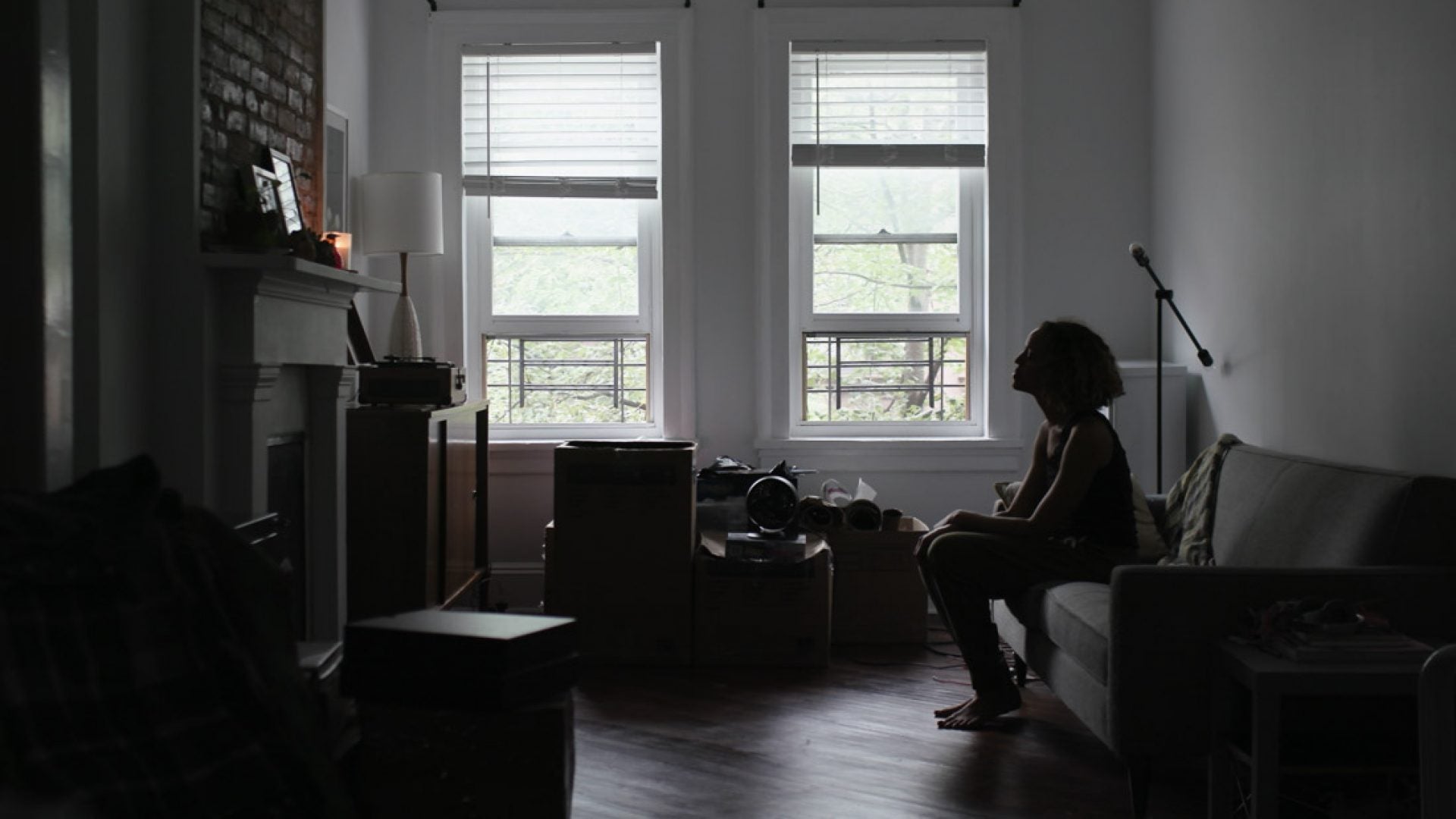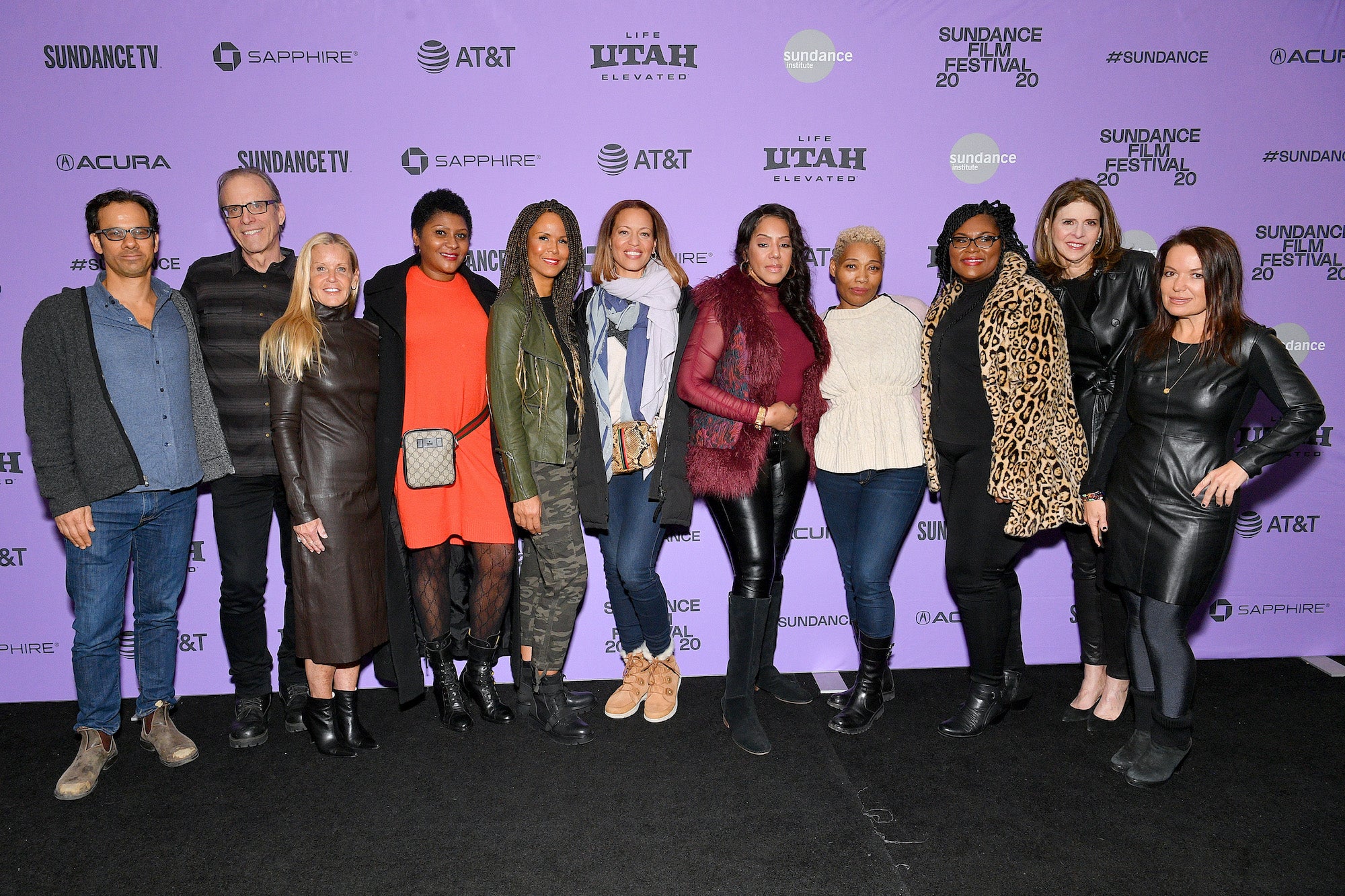
On a sunny day at Sundance, the survivors and experts featured in the upcoming documentary On The Record gathered for a two-part panel. Over the course of two hours, the survivors shared their stories and their hope for the documentary, while experts broke down the ways our culture enables abusers and issued calls to action.
During the documentary, there’s a moment when award-winning journalist and author Dr. Joan Morgan says, “What people have to understand is that we have some very painful work that we have to do within the community. Black male patriarchy is modeled after White male patriarchy and the aspiration to power. That is the model. Until we come up with a different definition of what liberation looks like in our community, of what power can look like, we are, pardon my French, we are f-cked. White supremacy is the root of it all.”
Directed by Amy Ziering and Kirby Dick, the Oscar-nominated team behind 2015’s The Hunting Ground, On The Record follows former music executive Drew Dixon as she comes to terms with, and comes forward with allegations of sexual assault against media mogul Russell Simmons. Along the way, we hear stories from other women who allege that Simmons sexually assaulted them, including hip-hop artist Sherri Hines and writer-activist Sil Lai Abrams.
Simmons has repeatedly denied the sexual assault allegations leveled against him.
The film made its premiere at the Sundance Film Festival earlier this month, receiving a standing ovation following its screening.
However, the road to Sundance wasn’t easy. Oprah Winfrey, who’d been attached as an executive producer, stepped away from the film, telling CBS This Morning, “It was a hard decision because I knew that Russell Simmons had started publicly pressuring me [on social media] and that me pulling out of the documentary was going to look like I was being pressured.”

Winfrey added that she “did not pull out because of Russell. This is not a victory lap for him. I cannot be silenced by Russell Simmons after all I’ve been through. As an executive producer, I was in a position where I think things were not right. I wanted the context of the story to be broadened, I wanted more women to be brought in.”
Despite Winfrey’s critiques, there are a number of women and accusers who shape the film, along with experts who paint a nuanced picture of what it means to be a Black sexual assault survivor. The greatest win for On The Record is that it gives these women a platform to share their stories, but the documentary also adeptly creates an understanding of how White supremacy and Black male patriarchy work together to silence Black survivors.

The film does so through Dixon, who recalls the legacy of visiting St. George’s Castle, a fortress by the sea known as an important stop on the Atlantic slave trade. It’s where Black men and women were divided. It does so by painting a picture of how America’s history of lynching—an image men like to invoke when accused of sexual assault—makes it more difficult for Black women to come forward with allegations of sexual abuse. On The Record takes those examples and intertwines them with Dixon’s own story and those of the other alleged survivors.
Ultimately, On The Record calls on us to hold abusers within our community accountable, to consider the culture that silences Black women and learn to dismantle it.
“Keep this conversation going,” Dixon said during the film’s panel earlier this month. “We’ve made a dent. This film exists. It is a triumph that it even exists, that we’re even sitting here in this room. Think about all the obstacles that have been thrown in our way individually and now collectively just to be here. Do not help them by discontinuing this conversation. Be loud. Be vocal.”
Dixon will hopefully get her wish. HBOMax has picked up the film, making it the streaming service’s first festival acquisition.